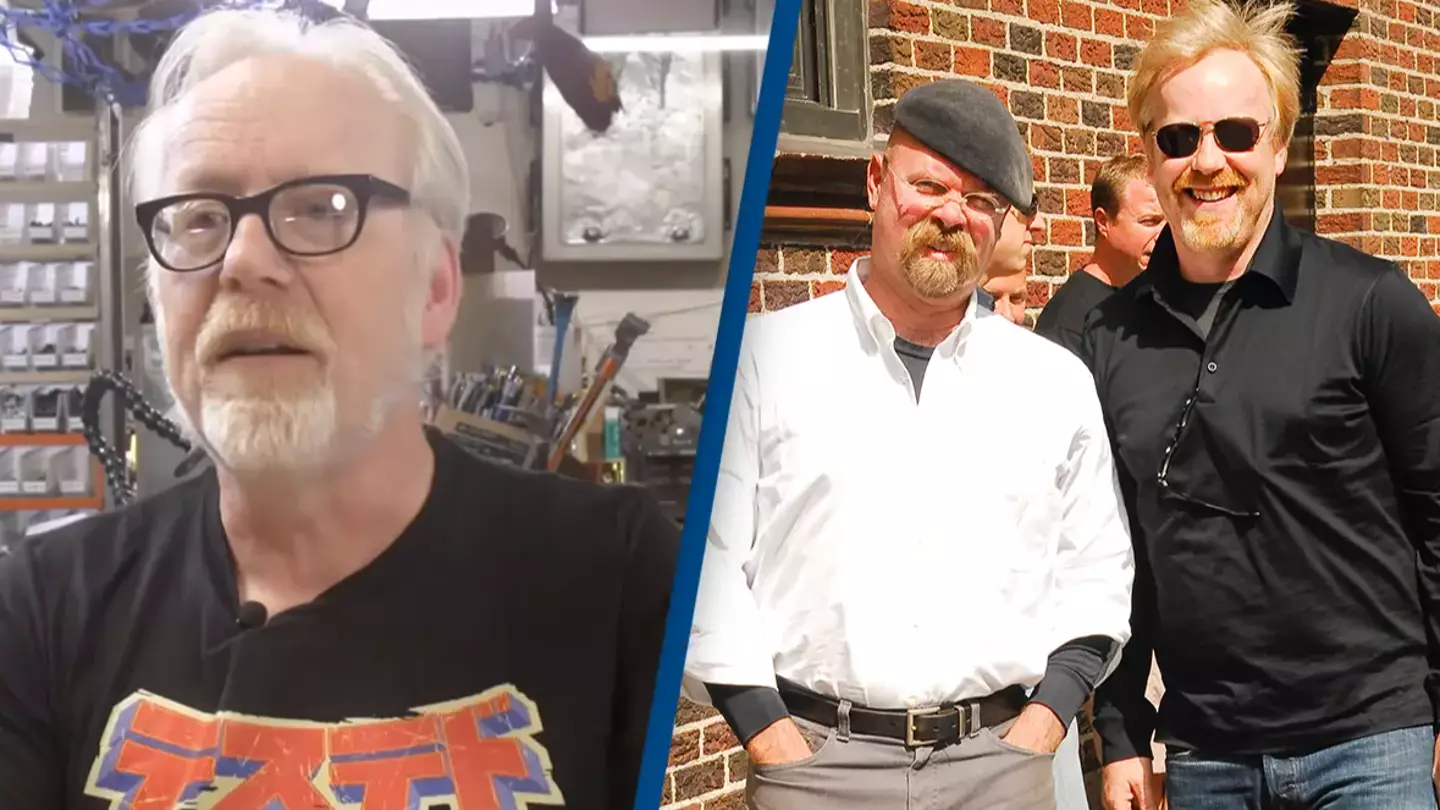
MythBusters has come out to reveal the one subject they refused to cover, and the reason is amazing.
If you’ve yet to catch up with the cast of MythBusters, you’re missing out on amazing scientific tests that prove whether common myths are real or fake.
For example, they once decided to figure out whether a hovercraft floating above an active minefield was possible, believing that the pressure it exerted would not be enough to trigger an explosive.
Oddly, it worked.
Advert
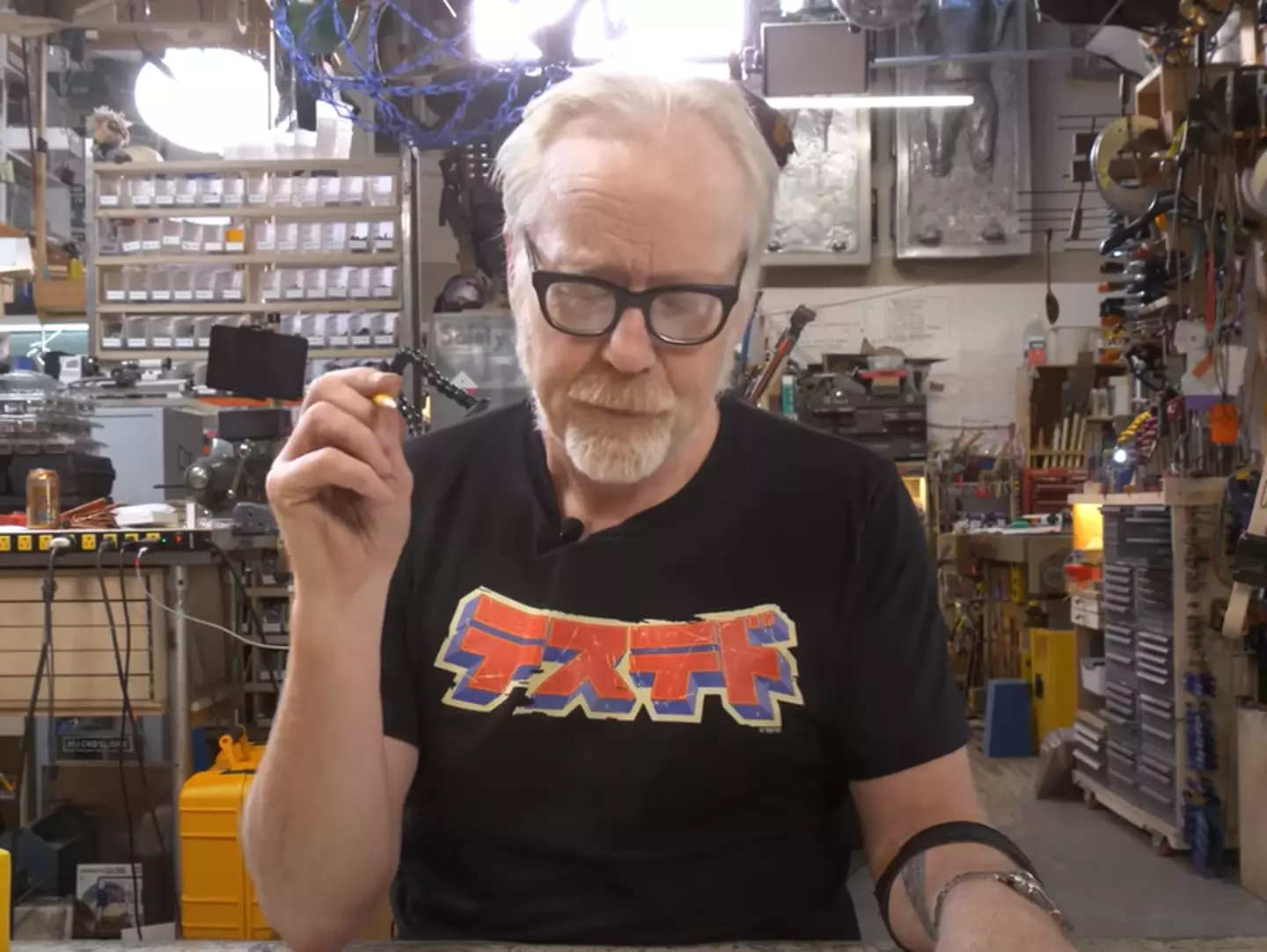
But while the gang seems to have covered everything and anything, they absolutely would not cover a specific topic.
According to MythBusters’ very own Adam Savage, that they ‘wouldn’t do with a 50-foot barge pole’ for a segment on the show was Dowsing.
Now, if you don’t know what that is, it’s a very early practice that was particularly used in Europe in the 1500s.
Advert
The practice is to use a forked stick as a divination tool in an attempt to locate ground water, buried metals or ores, gemstones, oil, and many other objects.
Also known as divining, doodlebugging, water finding, or water witching, it would see a dedicated person motioning with the stick until it somehow located what the user is looking for.
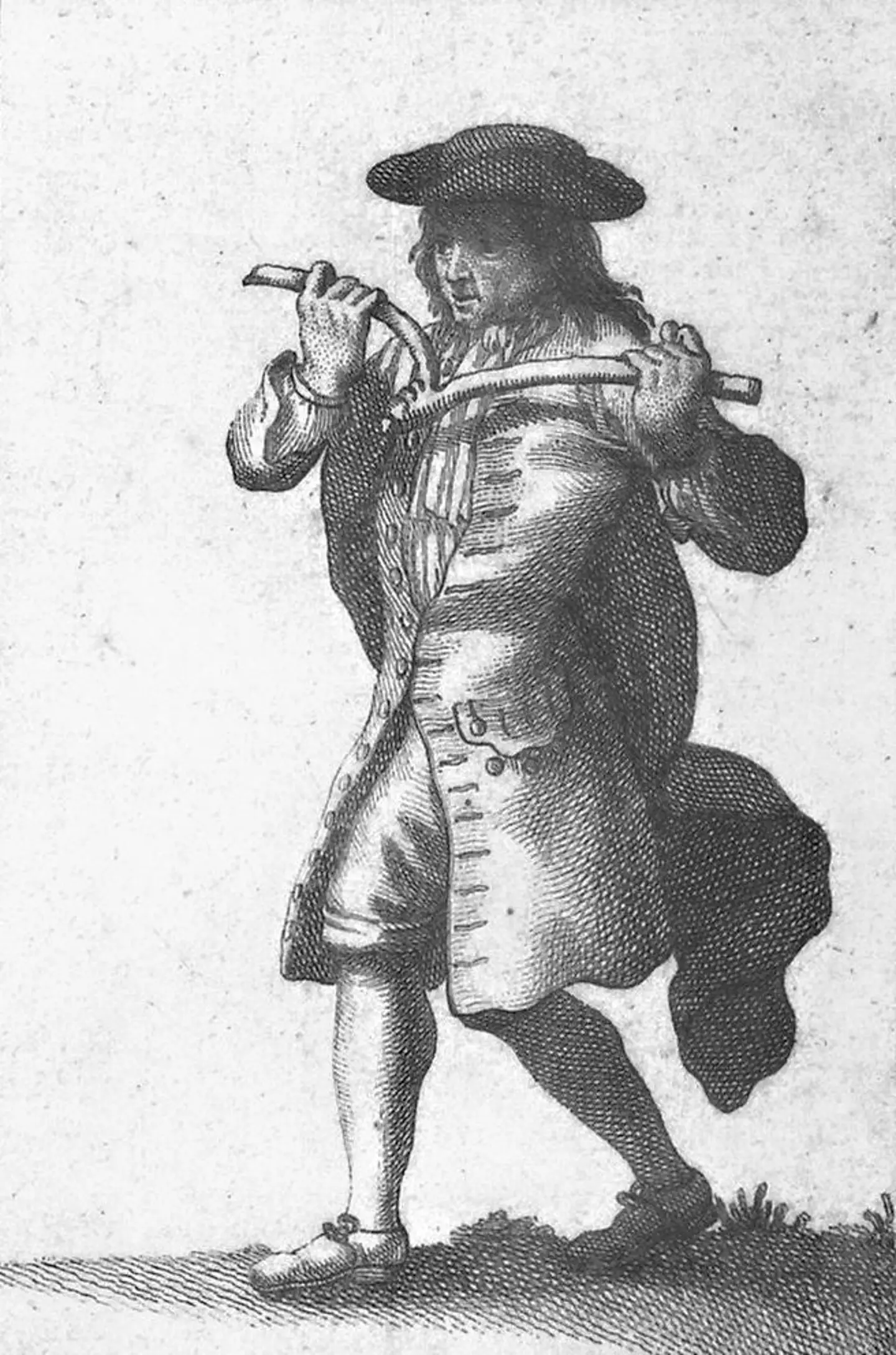
While it’s been hailed as pseudo-science for centuries, it has been known to have a knack for actually finding these things, leading to the Catholic Church imposing a total ban on Dowsing or owning a tool - and a man named Martin Luther to say that it broke the first commandment of Occultism in 1518.
Advert
It was then touted as being satanic in nature in 1662 (sigh).
But rather than for superstitious reasons, Savage believes it just wasn’t ‘provable’.
He said in a YouTube Q&A video for his fans: “Unfortunately, it is not based in physics or science-fact, and it has never survived a double-blind test.
“Dowsing is unprovable.”
Advert
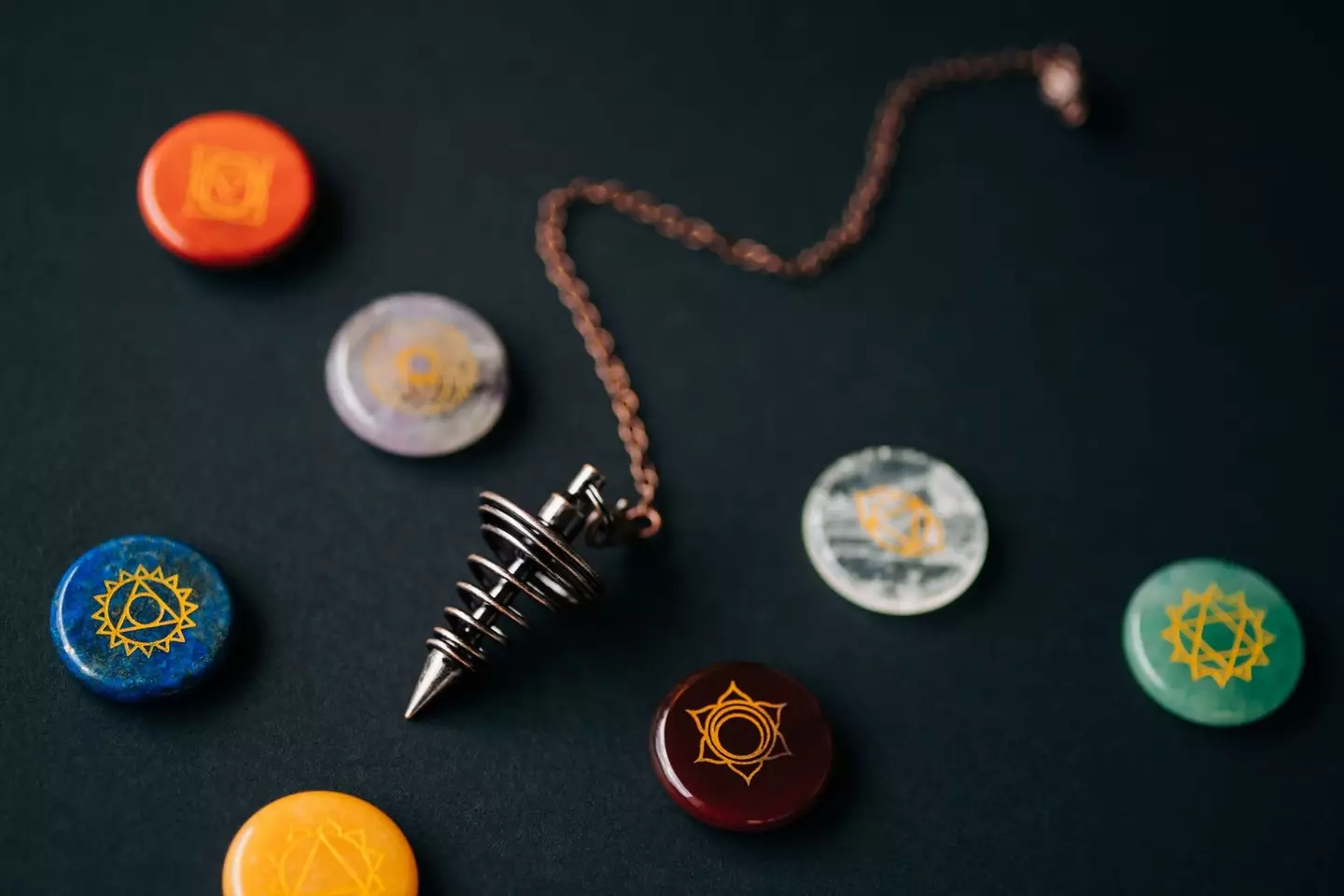
He went on to share that ‘every time it has been tested; it has come up for naught.’
The issue with it is that, even though it is the ‘perfect story for us to test’, but ‘the problem is that there are experts of Dowsing.’
Savage explained: “There’s someone who has this as a living and I’m not going to tell them they’re an idiot. I don’t think that they’re being dumb.
Advert
“They grew up, they were taught this thing, there may be all sorts of fascinating ways in which the human body can detect tiny changes in gravity or magnetism or just landscape and understand where the water table might be rising closer to the surface.
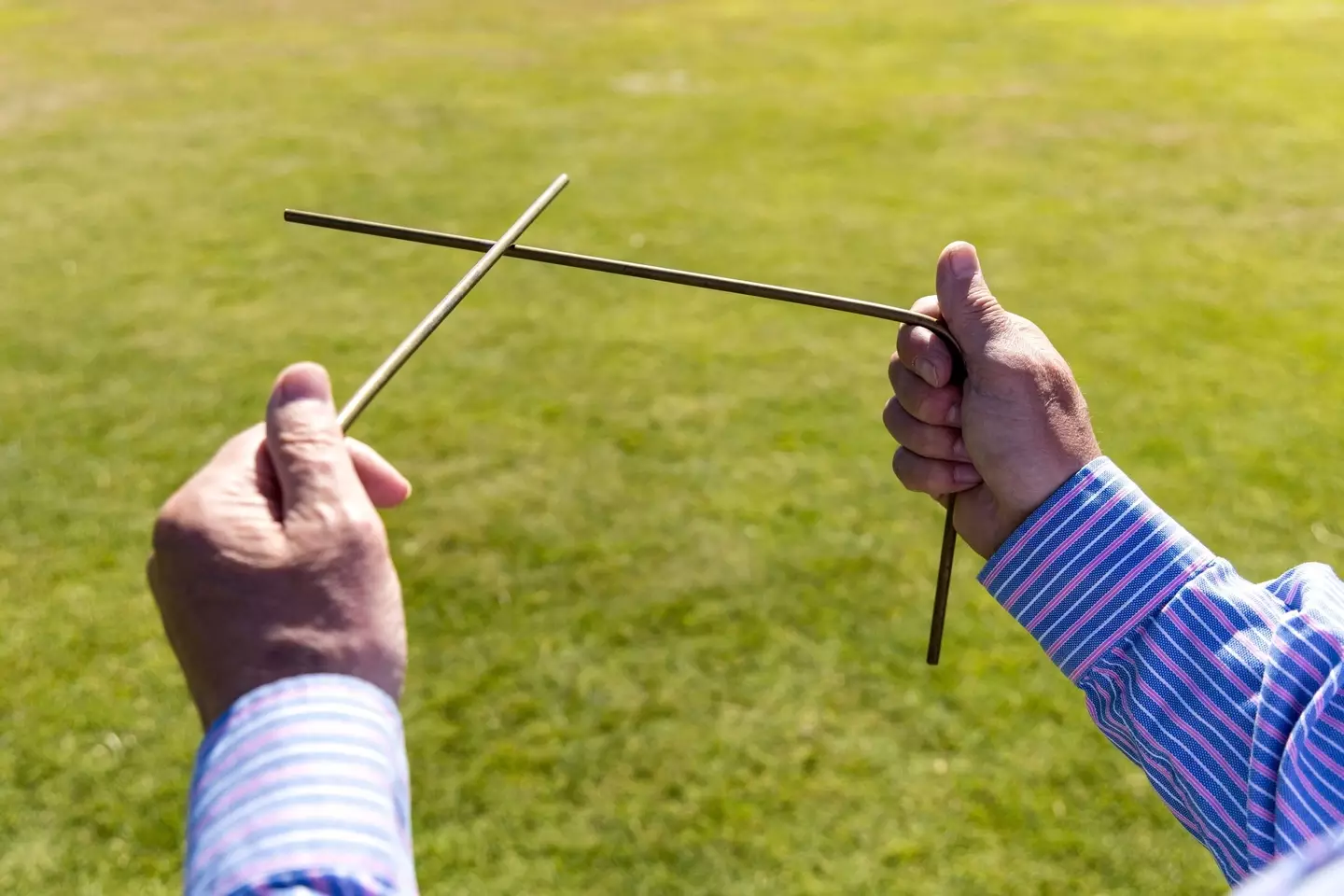
“All those things are possible and plausible, and that’s a level of subtly that’s difficult to get inside the 42 minutes of the show we had to make.”
Savage explained that in order to debunk it, he would have to ‘bring in’ an expert who actively does Dowsing and then ‘you’d have to make a fool of them’.
Advert
Really, it’s quite a favor the MythBuster crew are doing by not taking it on as an episode.
They could be stigmatising the practice or mocking those who believe in its validity.
Modern-day Dowsing exists, with some choosing to use two metal prongs, and for them, it’s a legitimate practice.
